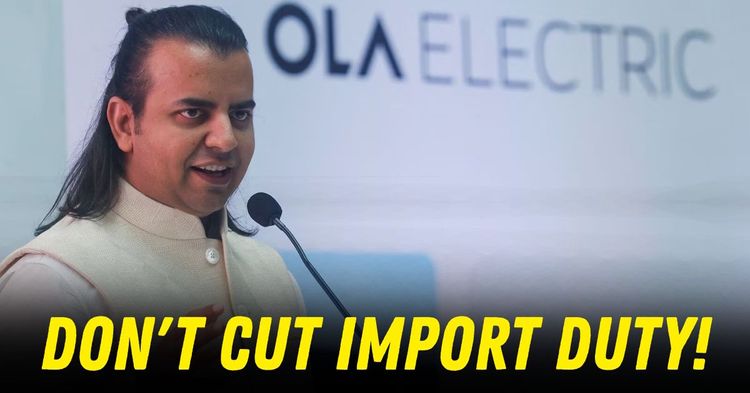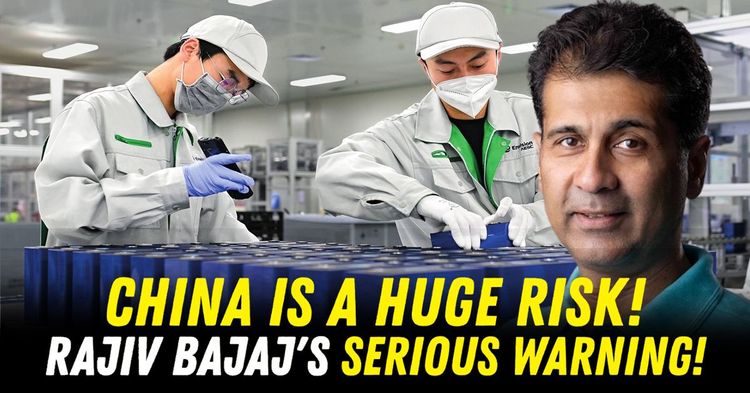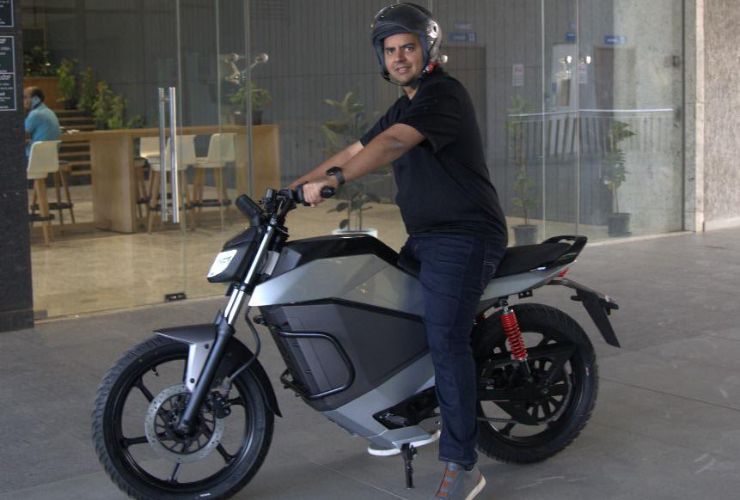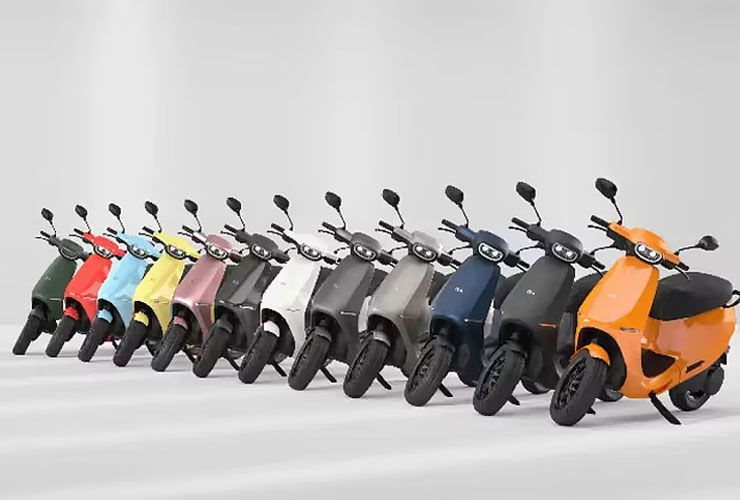Ola Electric Doesn't Want Govt To Cut Duty On Imported Electric Motors: Here's Why


In a bold divergence from industry norms, Ola Electric has taken a stand that is stirring considerable debate within the electric vehicle (EV) sector in India. As manufacturers grapple with a global supply chain disruption - particularly the scarcity of rare earth magnets essential for electric traction motors; Ola Electric is advocating against the reduction of basic customs duty on imported traction motors, a move that sets it apart from its contemporaries. This stance underscores a pivotal moment for the EV industry, reflecting deeper themes of supply chain resilience, domestic manufacturing, and the future trajectory of electric mobility in India.

The EV industry is currently facing a significant challenge, with a global shortage of rare earth magnets, largely due to export restrictions by China, the leading supplier. This shortage has hit major players like Bajaj Auto, Ather Energy, and TVS Motor Company hard, compelling them to cut back production significantly.
These companies, together with Ola, represent a substantial portion of electric two-wheeler sales in India, and their reduced output signals a troubling trend for the sector's growth. In response, there has been a collective call to the government to lower the customs duty on traction motors from 15 percent to 7.5 percent, aiming to alleviate some of the cost pressures and keep electric vehicles affordable for consumers.

Secondly, and more critically, Ola believes that reducing import duties on fully assembled motors would disadvantage companies that have invested in local manufacturing capabilities. Ola's approach to importing only the magnets and assembling the motors domestically reflects a commitment to the "Make in India" initiative, aiming to foster a robust domestic EV supply chain. The company argues that lowering import duties would unfairly benefit those relying on imports, undermining efforts to build local manufacturing resilience.

Ola Electric's stance brings to the forefront a broader debate on localization versus global sourcing in the EV sector. While immediate relief from reduced import duties might help some manufacturers navigate current shortages, there's a consensus that fostering domestic production is crucial for India's long-term strategic interests in the EV space. This includes job creation, self-reliance, and the development of a local ecosystem for innovation.
The government now finds itself at a crossroads, needing to balance short-term industry needs with the long-term vision for India's EV sector. Ola Electric's position, while controversial, adds a valuable perspective to this debate, highlighting the importance of strategic supply chain management and the potential for India to lead in sustainable mobility solutions.
As the discussion progresses, it becomes clear that Ola's strategy and its implications for the EV market are critical. The challenge is to support smaller manufacturers in adopting local production and to evolve policies that balance immediate relief with long-term growth. The decisions made today will define the future of electric mobility in India, emphasizing the need for a sustainable, self-reliant EV ecosystem.